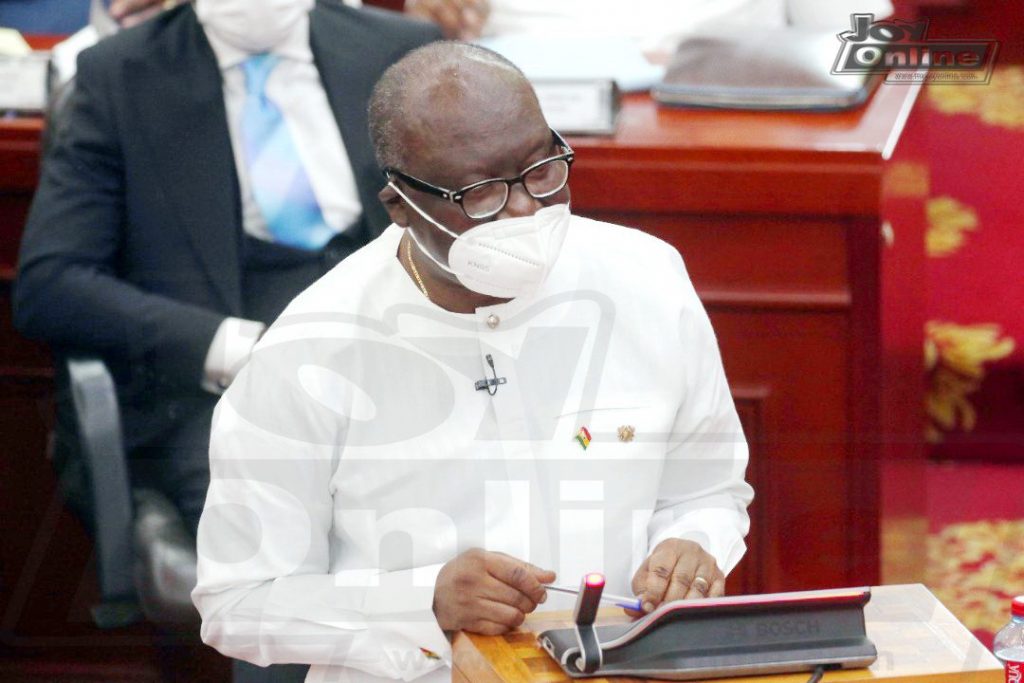
The International Monetary Fund (IMF) has projected that Ghana will end the year with a Debt-to-GDP of 90.7 percent.
This was captured in its Fiscal Outlook Report released on the sidelines of the on-going IMF/World Bank Annual meetings in Washington DC, USA.
The report, also forecast that the Debt –to-GDP could reduce to 87.8 percent in 2023.
According to the IMF, revenue expressed as a ratio of GDP could also hit 14.1 percent at the end of 2022.
“The ratio will increase to 14.7 in 2023 and 15.4 percent in 2024”, the report said, classifying Ghana as a Low Income Developing Country.
Implications
Ghana is currently undergoing Debt Sustainability Analysis with the IMF and the World Bank. This is expected to help the country ascertain the true levels of the debt stock.
Ghana was recently classified as a High Risk of Debt Distress by the World Bank and IMF in its Debt Sustainability Analysis.
The two Bretton Wood institutions are currently conducting a new Sustainability Debt Analysis on Ghana- a situation that could influence the outcome of an Economic Programme with Ghana by the end of 2022.
The Finance Minister, Ken Ofori-Atta has already indicated that government is working hard to reach a programme with the IMF by November.
Government is hoping to secure a programme with the IMF before the 2023 Budget presentation in parliament within the same period.
Debt to GDP issues
In October 2022, data from the Bank of Ghana pegged the country’s debt stock at ₵402 billion cedis , representing 68 percent of GDP .
Some financial observers have stated that with an expected expansion of the economy and an IMF programme, the country’s debt stock may not reach “unsustainable levels”.
World Bank on Ghana’s debt
The World Bank in its Africa Pulse Report released in October 2022 projected that Ghana will end 2022 with a Debt –to –GDP ratio of 104 percent.
By this, Ghana’s debt stock could go above the projections made by the IMF.
The increase could be linked largely to Ghana’s cedi depreciation and review of payment terms for some loans as well new borrowings by government
